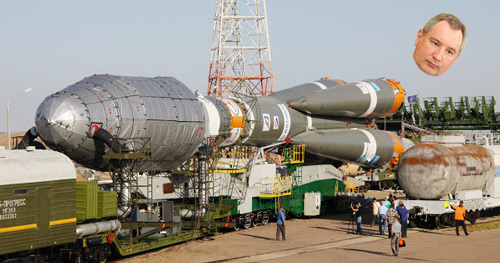
Using state of the art satellite technology, Eutelsat and Facebook will each deploy Internet services designed to relieve pent-up demand for connectivity from the many users in Africa beyond range of fixed and mobile terrestrial networks. Satellite networks are well suited to economically connecting people in low to medium density population areas and the high throughput satellite architecture of AMOS-6 is expected to contribute to additional gains in cost efficiency.
That quote is not from a press release issued in 1999. It’s from Eutelsat’s announcement of a partnership with Facebook on 5 October 2015, leasing Ka-band capacity on Spacecom’s forthcoming spacecraft. In 1999, satellite was seen as the “leapfrog” technology, intended to bypass old wireline or tower-based schemes to get the Internet out to the people of Africa. Although “good for data” Ka-band payloads were not widely available back then, the same disadvantages are still lingering:
- the high cost of space segment
- customer premises equipment is not cheap
- latency will always be an issue
Unless Facebook dollars subsidize the first two costs, we’ll only need to deal with physics.
The RF signal to and from the geosynchronous spacecraft will always require a 1/4-second to complete, then add a little bit of time to get the content, then another 1/4-second to serve it up. We’re not getting into video or any rich media — just the basics. Fine. People without any connection will be happy with whatever they get. High-throughput or not, you get what’s allocated to you.
Let’s consider reliability. First, there’s the issue of a reliable electric supply. Do we have enough of that in Sub-Saharan Africa? Next, there’s the signal itself. Even with a good link budget, and backing-off on the data rate a bit, you’re dealing with a considerable amount of rainy conditions for wider areas, so you can expect the signal to fade or experience complete outages during the rainy season.
Considering satcom’s promise hasn’t been kept for so many years, true “leapfrogging” is happening everywhere. In Rwanda, for example, 4G LTE is being built out and it kills any comparison to satcom alternatives using geo satellites. Using LEOs from O3b Networks works well, but somebody stills has to make the economics work.
So good luck to to Facebook and their internet.org effort.




